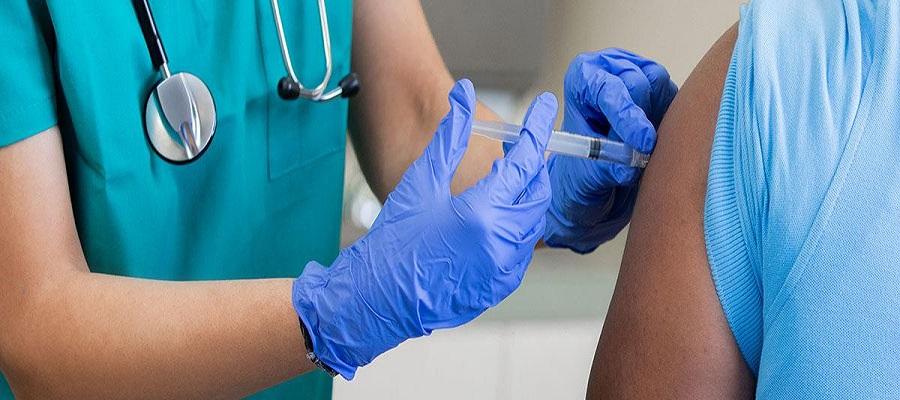CDC recommends second COVID-19 bivalent booster for older adults, immunocompromised

The Centers for Disease Control and Prevention April 19 recommended a second Moderna or Pfizer COVID-19 bivalent vaccine dose for adults aged 65 and older at least four months after their initial bivalent dose, and for immunocompromised individuals at least two months after their initial bivalent dose, as authorized by the Food and Drug Administration. Immunocompromised individuals also may receive additional bivalent vaccine doses at the discretion of their health care provider. In addition, CDC continues to recommend a single Moderna or Pfizer COVID-19 bivalent vaccine dose for all Americans aged 6 and older.
The FDA no longer authorizes the monovalent Moderna and Pfizer-BioNTech COVID-19 vaccines for use in the United States. CDC’s recommendations for use of the monovalent Novavax and Johnson & Johnson COVID-19 vaccines remain unchanged.
CDC and its Advisory Committee on Immunization Practices “will continue to monitor COVID-19 disease levels and vaccine effectiveness in the months ahead and look forward to additional discussion around potential updates this fall,” CDC said.

